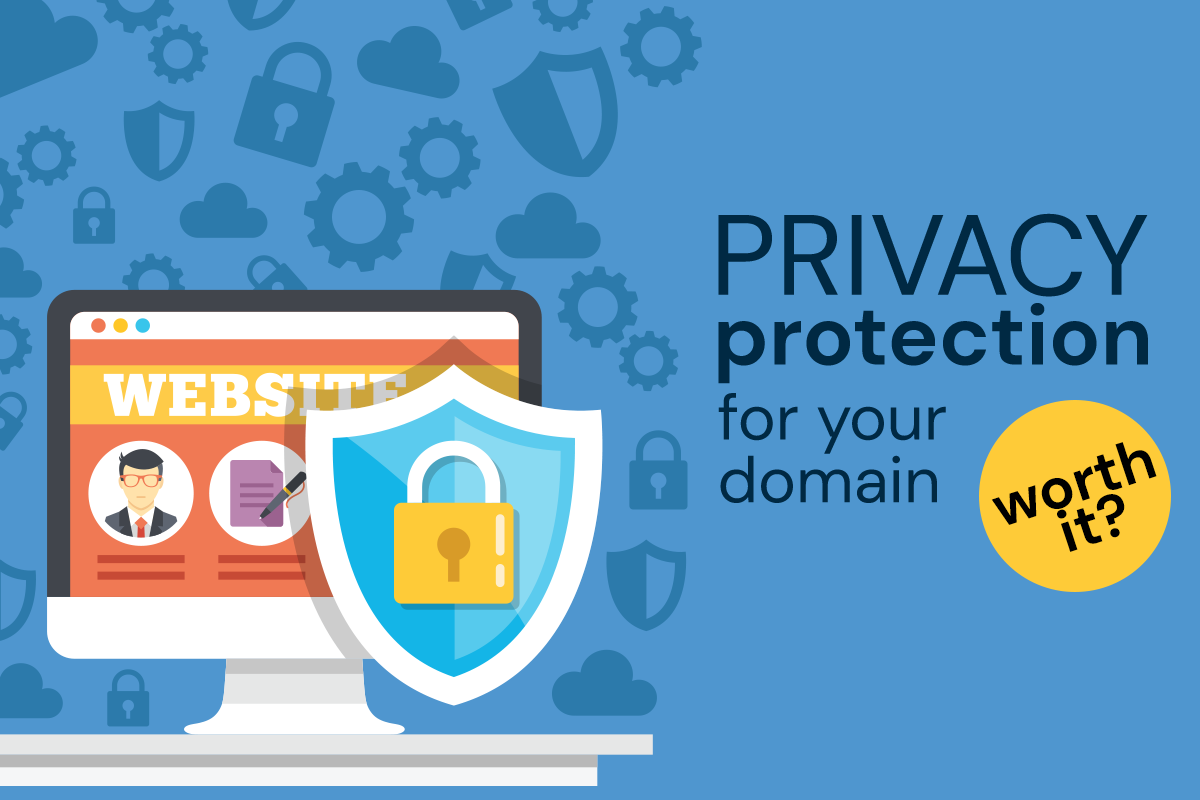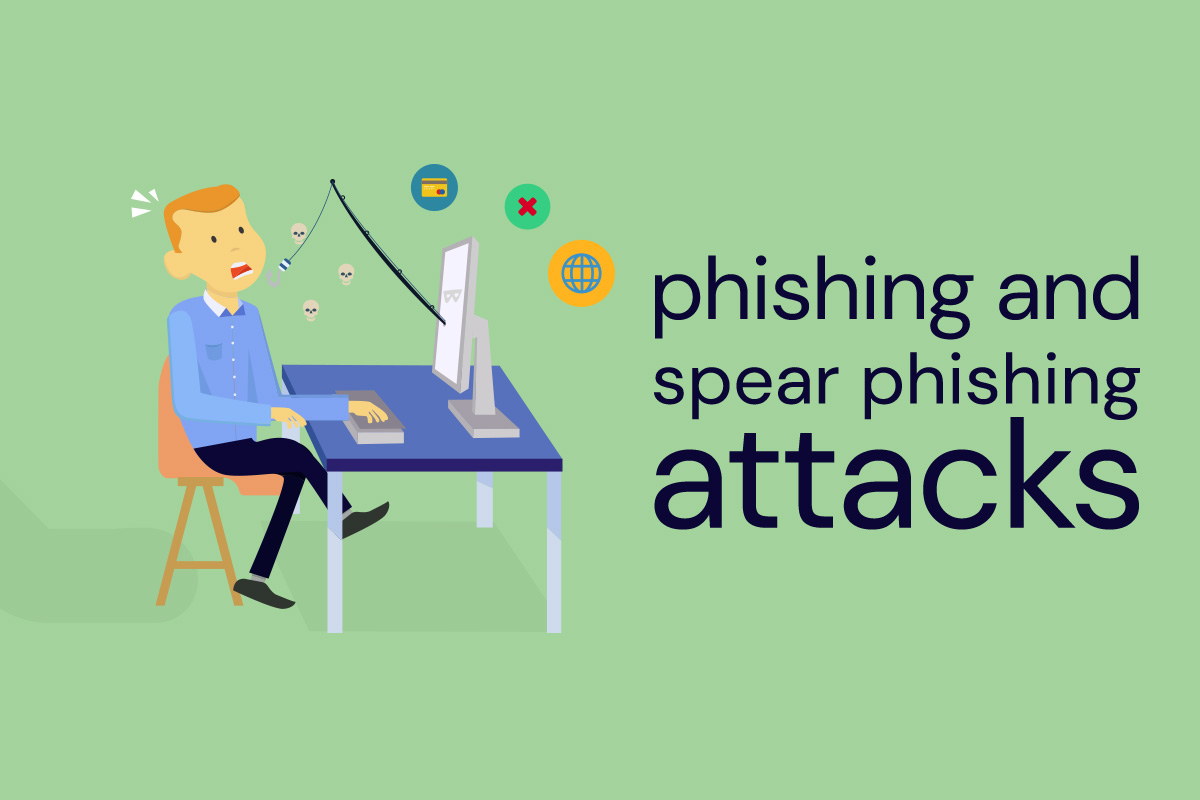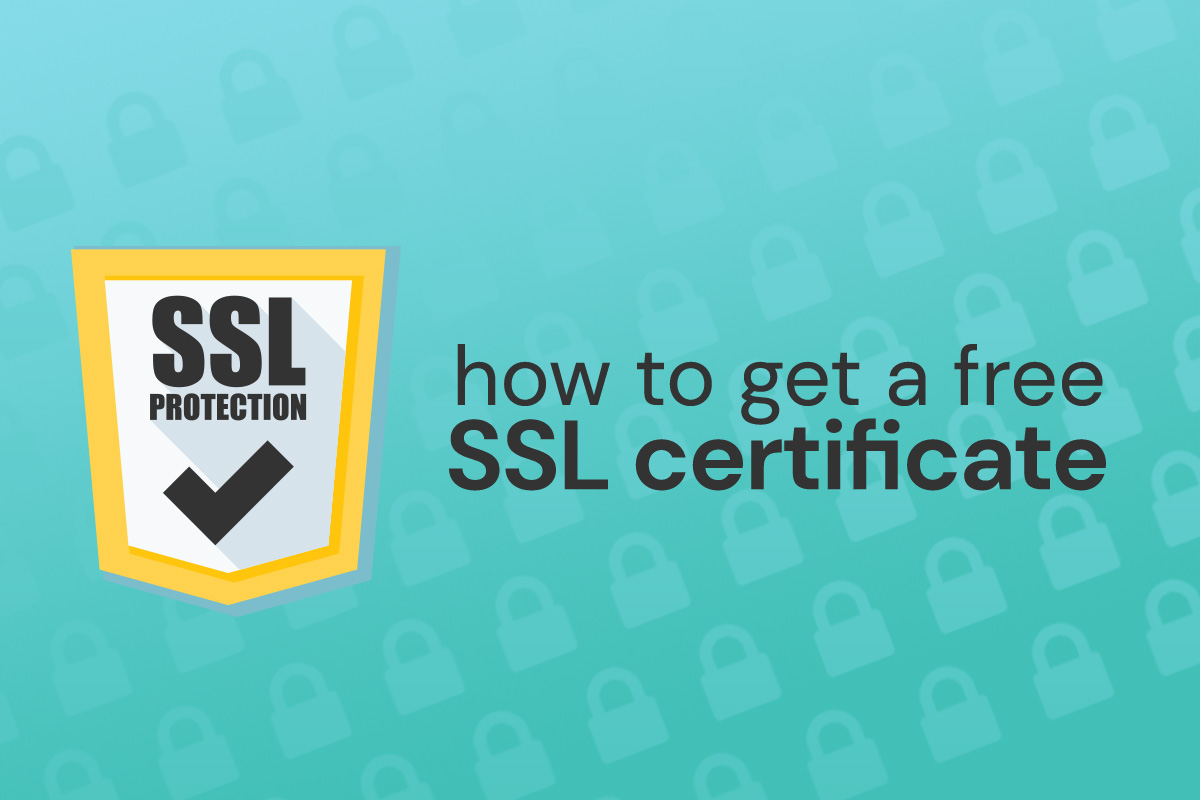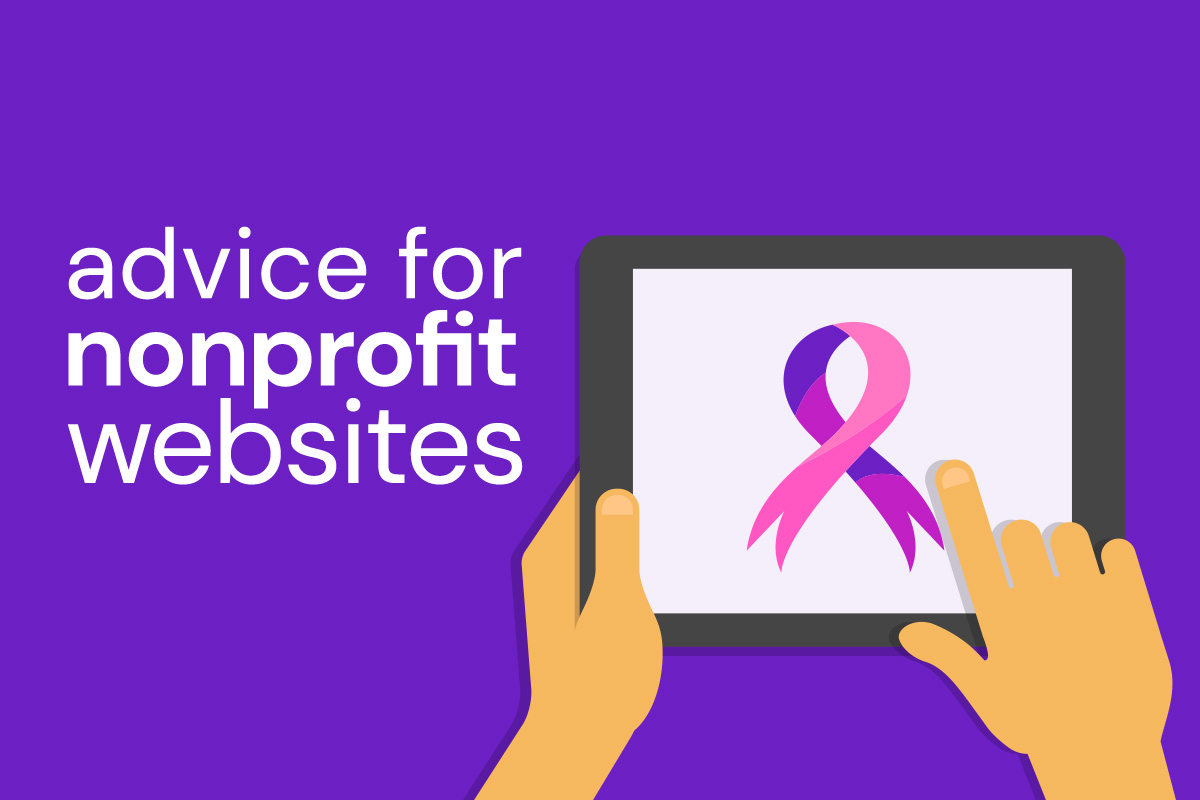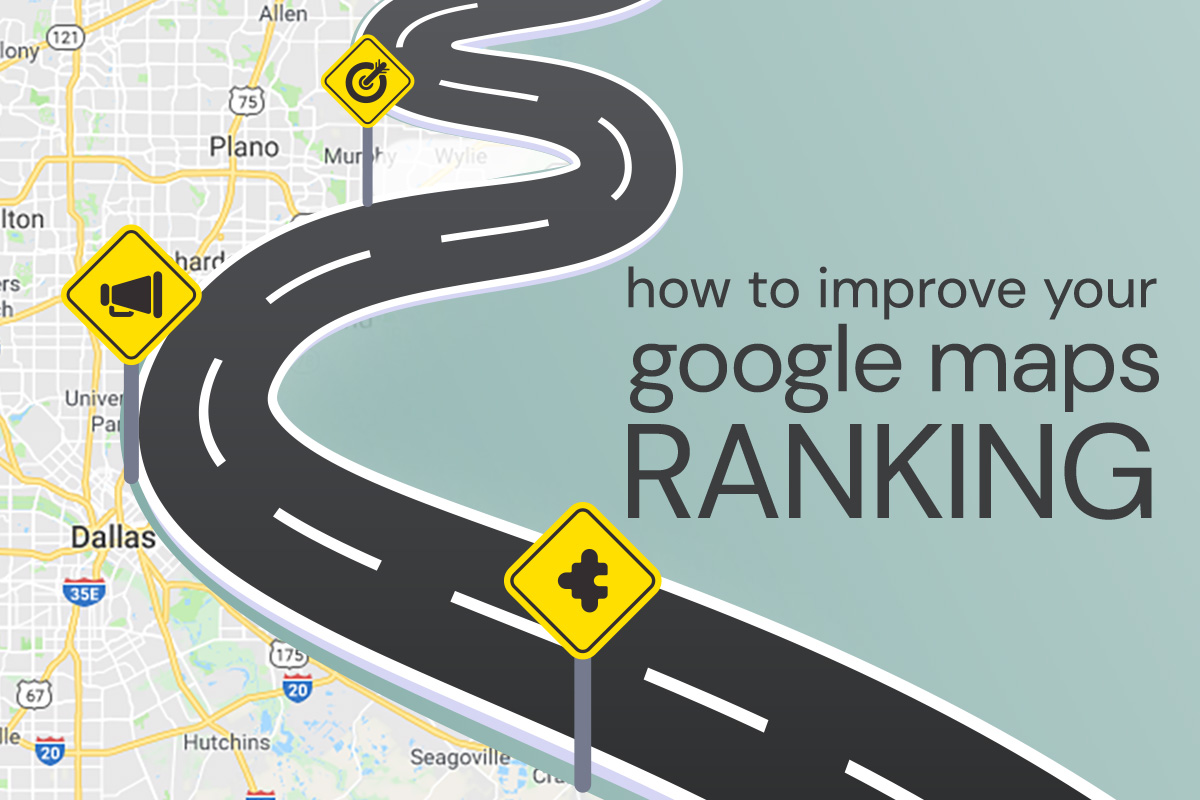When you register a domain, you’re required to enter your full name, address, email address, and phone number. This information is used to populate the WHOIS database, which is publicly available to anyone who searches for information on domains. If your first instinct is to enter fake information, don’t do it. Providing false information is a violation of ICANN’s (the Internet Corporation for Assigned Names and Numbers) terms of service, and you could potentially lose your domain name. There is always the option of domain privacy, and most domain registrars offer it for an additional cost—generally between $10-35 per year. So, is it worth it?
What Happens If You Decline Domain Privacy Protection
Be prepared to get a surge in physical junk mail. You’ll probably get some scammy emails too, offering to set up your new website for you or to fix your SEO. And then there are the scammers who will call your telephone number. (If you’re experiencing a barrage of spam phone calls, check out our blog post on avoiding them.) One other danger is that a scammy domain registrar can send you a “renewal service” email, to try to trick you into transferring your domain name to them. These kinds of scammers often pile on unnecessary fees that they don’t disclose beforehand, or they can highjack your domain name altogether. One way to avoid this last scam is to use a popular domain registration service (we like GoDaddy) and to make sure you note where all your domains are registered. A lot of these scammers will use names that are similar to your domain registrar in an effort to confuse you.
So, Get the Domain Privacy Protection, Right?
If you haven’t had privacy protection on your domain in the past, we wouldn’t bother adding it now in most cases. That information can be mined from various sources on the web. For example, whoismind.com allows users to search for detailed historical information about domain names and their registrants.
One fun fact: if you have a .uk domain and your website is for personal use (as opposed to business), you can request removal of your contact information from the WHOIS database. Find out more about this policy here.
If you’re not using a .uk domain and you have any concerns about the consequences above, by all means go for the domain privacy add-on when you register your domain. Some domain registrars offer it free, including Bluehost and 1and1, but generally their domain renewal costs are a little higher than other registrars, so the cost differences end up being minimal. For the record, we really, really don’t recommend 1and1. And even at Bluehost, domain privacy is not switched on by default; you have to manually set it.
We particularly recommend privacy protection for these two categories:
Small business owners or bloggers. A determined party can find your home address online anyway, but providing it in the WHOIS information does make it easier.
Publisher of controversial subject matter. If your website covers topics that generate a lot of controversy, go for the privacy protection.
Questions about privacy protection? Contact us any time!

